Bienvenid@s al módulo 6!
Mi nombre es Jesús Alcalá Fernández, Catedrático del Departamento de Ciencias de la Computación e Inteligencia Artificial de la Universidad de Granada, miembro de los Centros de Investigación DaSCI, ibs.GRANADA y CITIC-UGR, y Coordinador Académico de este MOOC.
En este módulo veremos una introducción a dos de las técnicas de aprendizaje no supervisado más utilizadas: las técnicas de clustering y las técnicas de extracción de reglas de asociación. En la primera cápsula veremos los conceptos básicos necesarios para comprender el funcionamiento de estas técnicas. A continuación, estudiaremos dos cápsulas, en la que veremos como aplicar las técnicas de clustering y de extracción de reglas de asociación para obtener información interesante a partir de los datos de los pacientes de cáncer de melanoma. Estas técnicas nos permitirán detectar nuevos subgrupos de pacientes e identificar conexiones inadvertidas entre los datos que pueden fraguar nuevas hipótesis para mejorar la prevención o el tratamiento de la misma.
Podéis escribir vuestras dudas sobre el módulo en el foro indicando como asunto del mensaje un nombre descriptivo sobre la duda, para que el resto de participantes del curso también puedan consultarla.
Os animamos a que intervengáis activamente en los foros.
Os deseamos que tengáis una buena semana!
__________________________
Welcome to module 6!
My name is Jesús Alcalá Fernández, Full Professor with the Department of Computer Science and Artificial Intelligence at the University of Granada, member of the DaSCI, , ibs.GRANADA, and CITIC-UGR Research Centers, and Academic Coordinator of this MOOC.
In this module we will see an introduction to two of the most widely used unsupervised learning techniques: clustering techniques and association rule extraction techniques. In the first capsule we will see the basic concepts necessary to understand how these techniques work. Then, we will study two capsules, in which we will see how to apply clustering and association rule extraction techniques to obtain interesting information from melanoma cancer patient data. These techniques will allow us to detect new subgroups of patients and identify unnoticed connections between the data that may lead to new hypotheses to improve prevention and treatment.
You can write your doubts about the module in the forum indicating as subject of the message a descriptive name about the doubt, so that the rest of the participants of the course can also consult it.
We encourage you to actively participate in the forums.
We wish you a great week!


